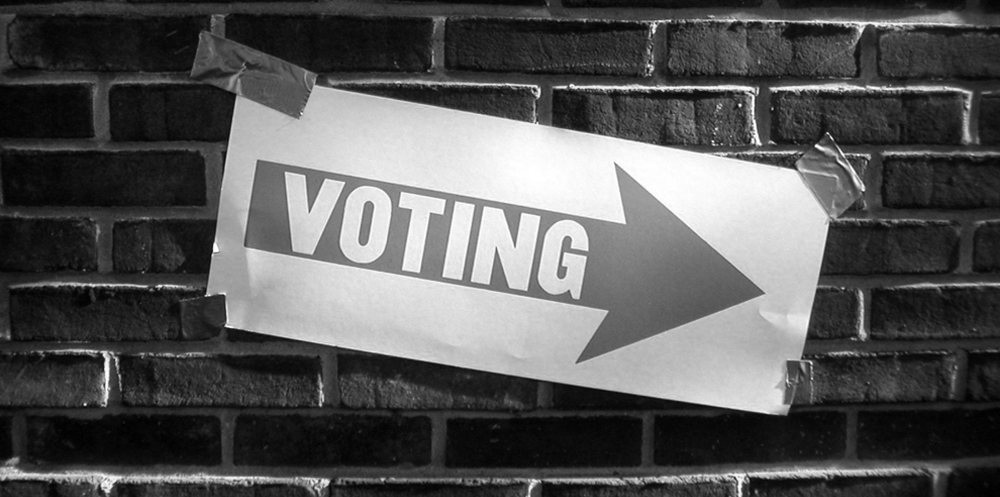Political education for political engagement
The recent Fabian/YouGov polling, of people who do not vote, paints a bleak picture of this disengaged society. The findings have implications that go far beyond the political sphere, though. Not voting is a symptom of fragmentation of culture: it...
The recent Fabian/YouGov polling, of people who do not vote, paints a bleak picture of this disengaged society. The findings have implications that go far beyond the political sphere, though. Not voting is a symptom of fragmentation of culture: it is not just a lack of engagement in politics, but a lack of participation in shared life as a whole.
We have seen great advances in technology in recent history which, in theory, should have increased our ability to contact our politicians- email sped the process up, and now many politicians are on social networking sites like Twitter, 140 characters away from a conversation. However, these advances may have had the opposite effect, making it far easier to immediately opt out of anything that does not instantly grab the attention or show its appeal.
In conjunction with this, there has been a rampant individualisation in society, while our politics is still at its core about collectivism. Even those on the right of the political spectrum acknowledge that our political system is about how we come together to resolve the big issues. It would have been enlightening to know how many of the non-voters polled knew anyone involved in politics as a member of a party or otherwise. The nature of the political party has changed in recent history. Where once parties were mass-membership organisations, their impact has declined and participation in politics is no longer seen as a praiseworthy activity. It is all too easy for a ‘them vs us’ culture to develop when many people do not know anyone who is actively engaged in politics.
The public-facing politics of today is adversarial, appearing like a form of gladiatorial combat. From TV panel shows to prime minister’s questions, politicians clash while an audience cheers and boos. While this is highly enjoyable for those who like drama and intrigue, it is alienating for everyone else, in particular those who might feel like they don’t understand the unwritten rules of the debate and how they can engage with it. Indeed, beyond cheering and booing, there is little opportunity for engagement here.
When we ran People and Politics Day, an event where up more than 1500 16-19 year olds had the opportunity to question senior government ministers – we noticed this adversarial culture in action. The minister would always start out with generic platitudes, informing the young people that they were the future, and so on. The young people, meanwhile, would participate belligerently, with cheers going around for anyone who was rude. There would always be a point in the session where the minister would get annoyed by this and start to challenge the young people back.
The ministers would explain why they had made the decisions they had – that while it may not be popular among the audience, there were factors and issues that had to be balanced, and there were processes that had to be engaged with to reach agreement. It would be a real breakthrough moment: while there would not be agreement, suddenly there would be a shared understanding of what was happening. Afterwards, the tone of the questions asked would change. It would be less accusatory, and more engaged with the issues.
And this is what needs to happen to help get people more engaged in politics. We need to take a serious look at the state of political education: while citizen education is still important, it needs to go beyond schools, and present information and opportunities to engage in bite-sized ways of finding out how things work and how to get involved. Political education needs to recognise politics: at present, youth wings of political parties are not allowed to go into schools and show young people that they exist. And politicians need to be more willing to challenge the public: it is not just they, but we who need to take responsibility for our political culture.
The good news is, things can be done to help encourage engagement. Our VoteMatch tool– which uses an online quiz format to show people which candidates best match their political views- has been shown to increase turnout in elections abroad. Anecdotally, this is also what we are told in our user surveys. VoteMatch doesn’t require people to engage with manifestos, but it nonetheless provides them with the same information which helps them make an informed choice.
As an organisation that campaigns for institutional reform, we have to recognise that this alone is not the solution to the lack of participation- while some, such as electoral reform, might make a difference, fundamentally this is about our political culture. The failures of our political system and institutions have helped to create this problem – to make the culture toxic – but institutional reforms alone will not fix it.
